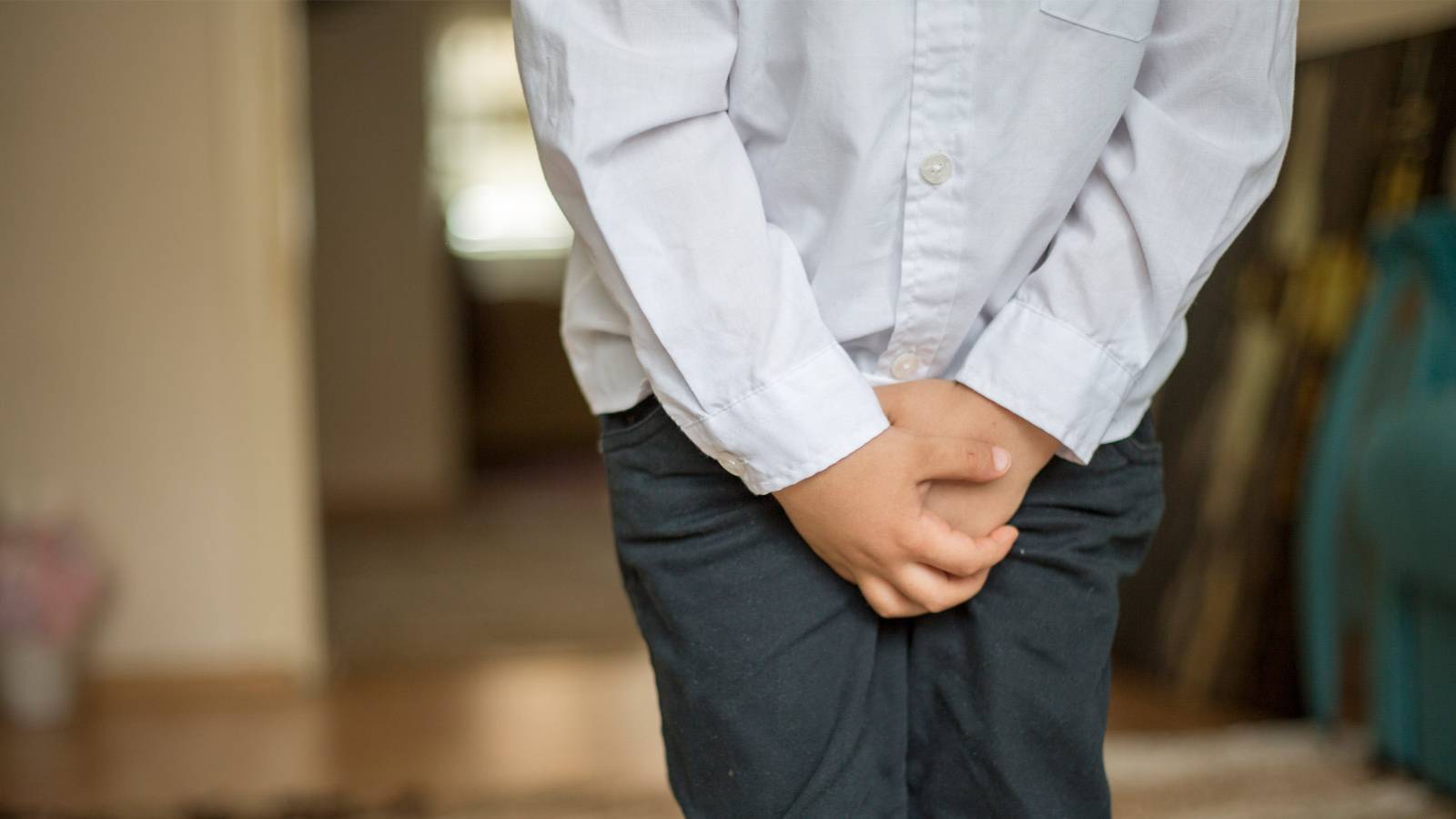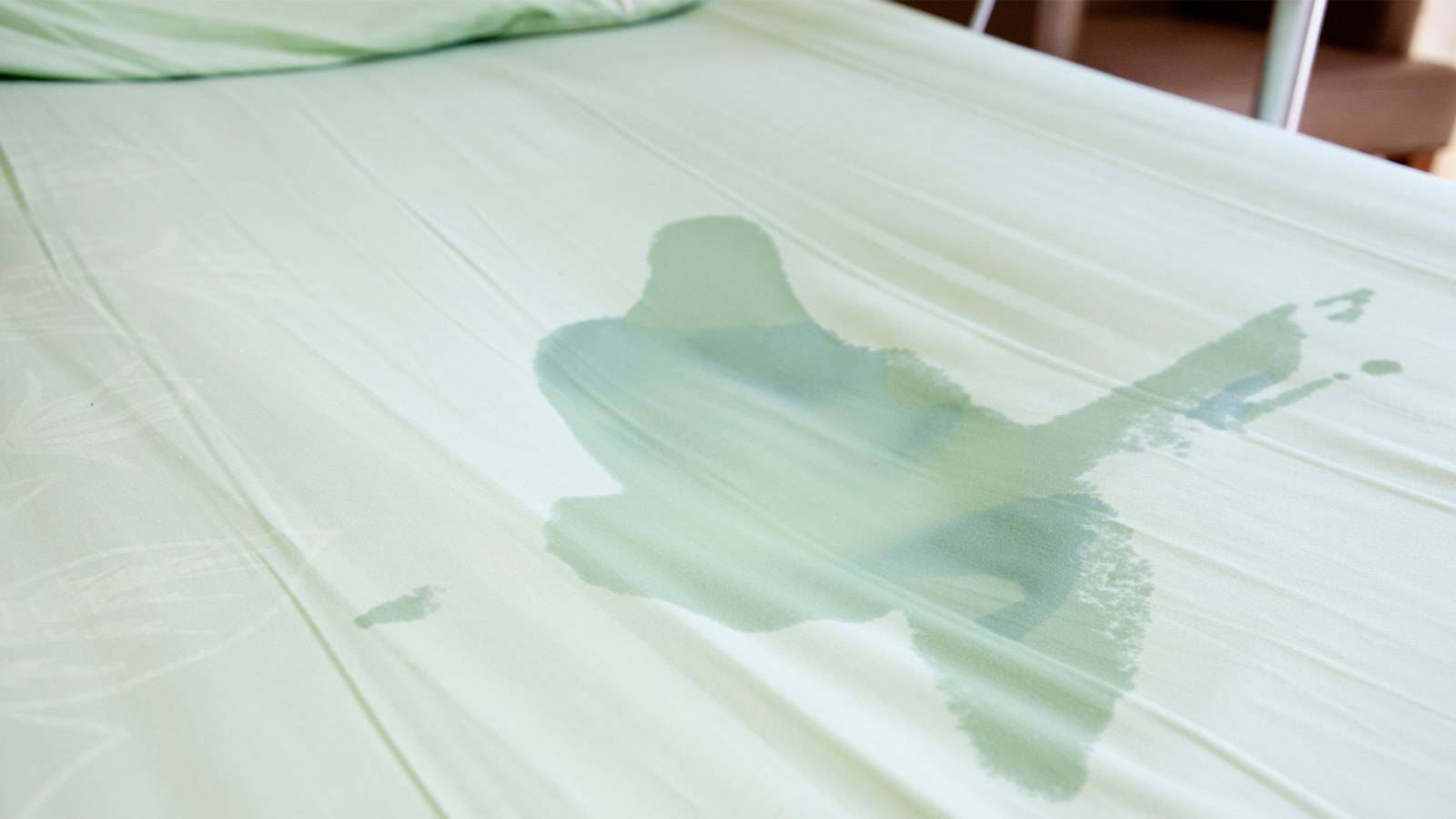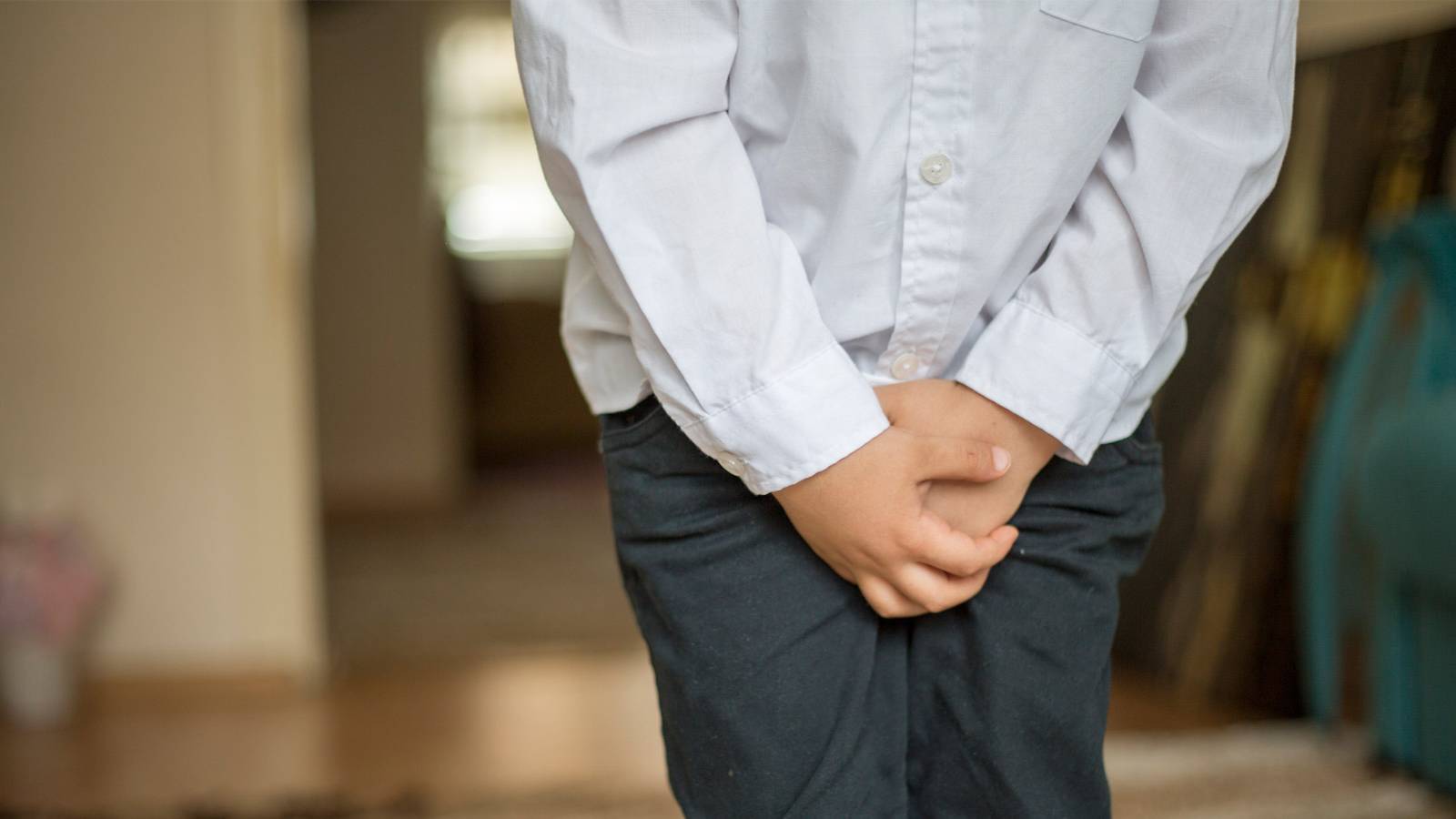End your kid’s bedtime misery ― follow these five expert solutions to help him beat bedwetting.

It’s no surprise that bedwetting can be a great source of embarrassment for junior. So, it’s important that you talk to him to boost his self-esteem and help him cope with this distressing condition.
Dr Tan Zhen Han, a paediatrician at SBCC Baby & Child Clinic also cautions parents, “Try not to make a big deal out of it, but offer support instead. Remember that bed wetting is not something your child has complete control over.”
Genetics is one of the most common causes for your mini-me’s night-time incontinence, also know as nocturnal enuresis. Dr Tan explains, “Approximately 70 per cent of children who experience bedwetting, have a sibling or parent who [used to wet the bed].”
Most children should be able to have better overnight control of their bladder by age 4 or 5. Yet most children seeking treatment for bedwetting are usually between the ages of 7 and 12, according to KK Women’s and Children’s Hospital. Primary bedwetting — a condition where he consistently passes urine involuntarily at night for a period of six months or more ― can be triggered if the child is being bullied and teased in school, Dr Tan says. He adds that the condition is also more common in boys.
“Approximately 70 per cent of children who experience bedwetting, have a sibling or parent who [used to wet the bed].”
On the other hand, secondary bedwetting occurs when your child’s night-time incontinence begins after a period of six months of staying dry. For that, Dr Tan says, “Psychosocial stressors like parental separation, problems in school or having a new addition to the family could be some of the causes.”
The distinction between these two is that an underlying medical condition is usually linked to secondary bedwetting. This could range from urinary tract infections, constipation and diabetes, to spinal-cord injuries.
Still, getting to the root of junior’s bedwetting requires a complex process of elimination. Nor is not something as simple as avoiding spicy or citrus foods. Debunking the link between consuming these foods and bedwetting, Dr Tan says, “Some parents avoid giving [those foods] to their children, due to their concerns that it might irritate the bladder.”
Bedwetting, he notes, is likely caused by an interplay between three factors: Increased urine production during sleep, reduced bladder capacity and a lack of arousal from sleep.
Click to learn Dr Tan’s expert methods to curb bedwetting…

Dr Tan suggests that you try these methods:
1. Limit liquid intake two hours before bedtime
Get junior to consume most of his liquids in the earlier part of the day instead. However, don’t go overboard by restricting his intake to the point that he becomes thirsty. Dr Tan advises that your kid refrains from taking caffeine-rich foods and drinks in the evening. Besides chocolate, he should avoid drinking tea, coffee, energy and fizzy drinks.
2. Establish a toilet schedule
Besides just making routine visits to the toilet a mandatory part of your kid’s bedtime routine, Dr Tan says to try the double-voiding routine, too. This therapy helps people who have a problem completely emptying their bladder. So, they are taught to urinate, relax for a spell, then empty their bladder again. Do this: Make sure they go to the toilet 30 to 60 minutes before bedtime and again right before they turn in.
3. “Awakening” routine
If he wakes up in the middle of the night, encourage him to go to the toilet then. You can rehearse the steps your child needs to take to visit the toilet at night. Later, try waking him up two to three hours after his bedtime or just before you go to sleep. Dr Tan says, “Always avoid carrying your child. Instead, let him or her find the toilet independently.” Install a night light in your child’s bedroom or the hallway and toilet, so that he won’t be afraid to visit the toilet at night.
4. Use positive reinforcement
Incentive charts like earning points or stars whenever your child has a dry night and then getting a small reward in exchange for it, can bolster his self-confidence. Or it could also be as simple as praising your child, Dr Tan notes.
5. Bladder training
Bladder training is sometimes included in the therapy, especially for children with weak control. These bladder-training exercises are aimed at strengthening the muscles that control his bladder or to increase the amount of pee the organ can hold. These include:
* Stop-start training As the name suggests, the child is asked to practise starting and stopping the passage of urine while urinating. This is used mainly to strengthen the muscles.
* Bladder stretching exercise To increase the capacity of his bladder, your child will be encouraged to drink lots of fluids during the day and have him hold the urine for successively longer intervals.
However, Dr Tan points out that this should complement other methods as there is “insufficient evidence” to recommend bladder training as an initial treatment for kids who wet the bed at night.
Incidentally, while it won’t stop junior from wetting the bed, adding a waterproof sheet on top of your mattress can help you deal with your frustrations of having to constantly change the sheets. Dr Tan points out, “Letting your child help change the wet sheets may be helpful, too. [That way] It can make him or her feel like a part of the solution rather than the problem.”
Dr Tan Zhen Han is a paediatrician at SBCC Baby & Child Clinic.
Photos: iStock
In case you missed these
